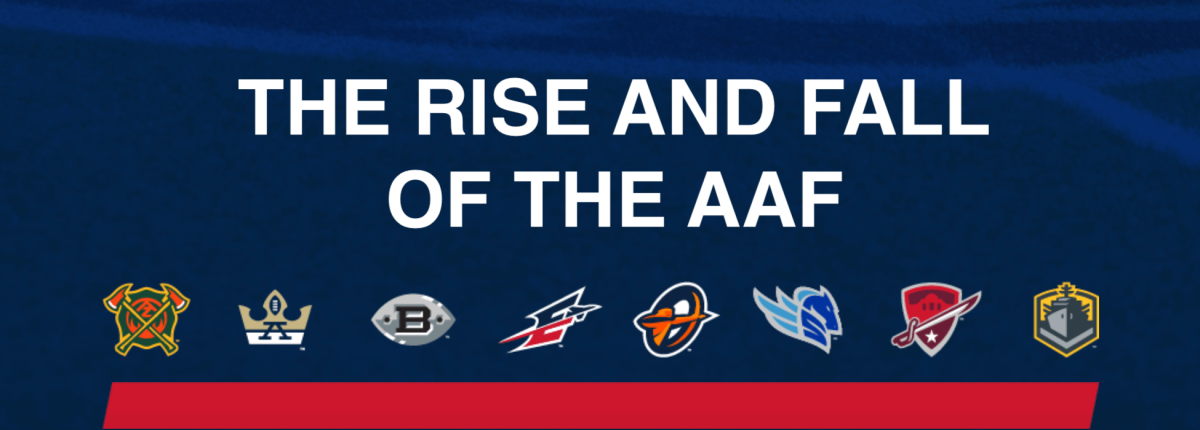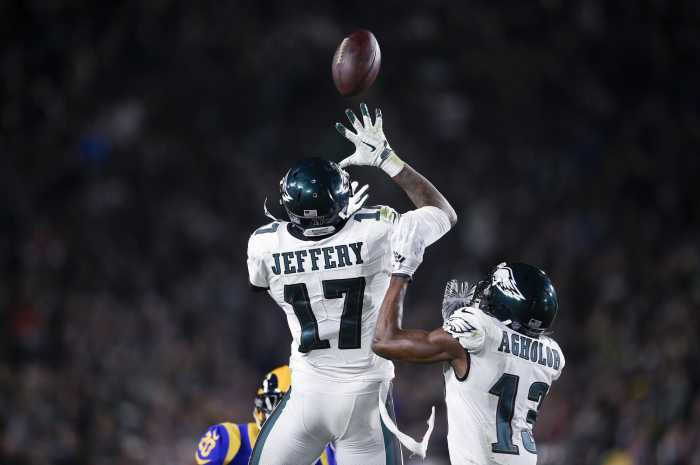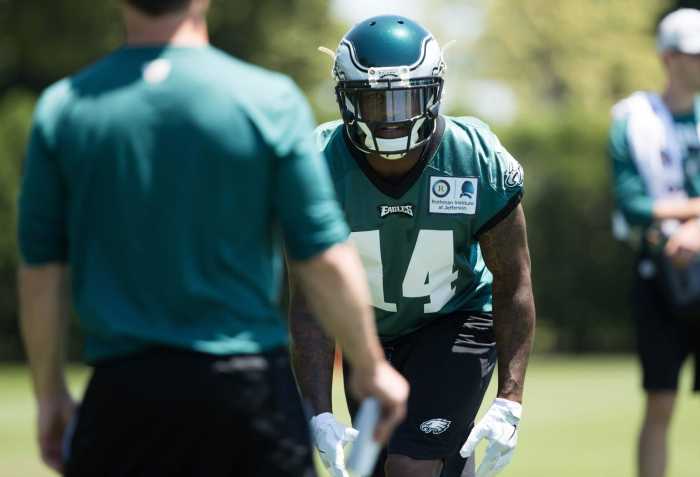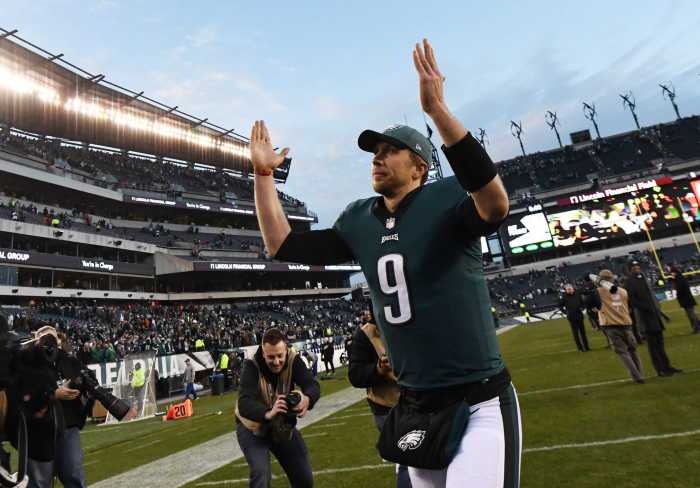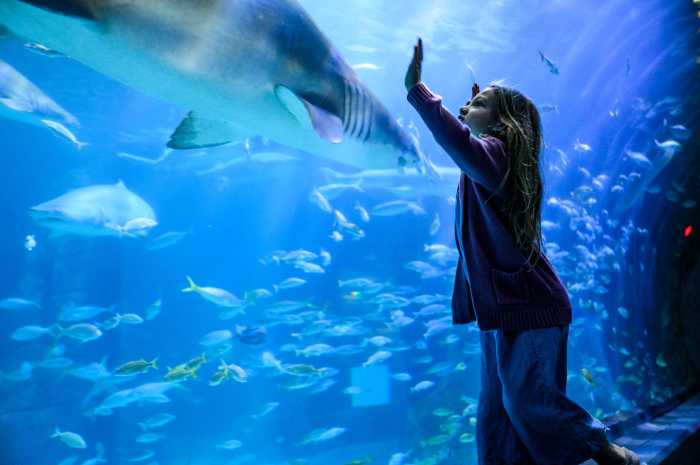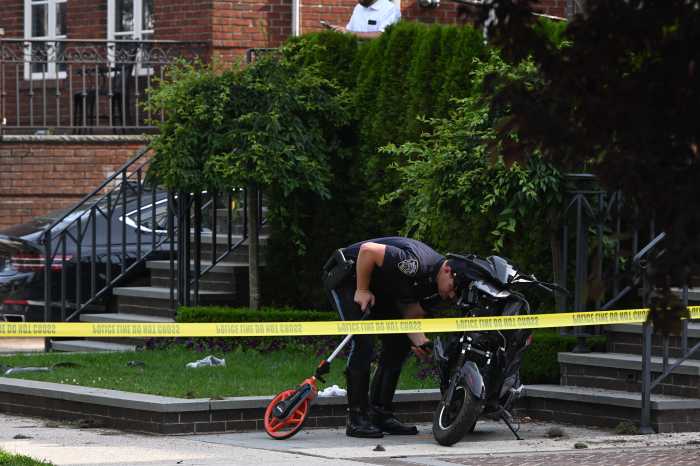I, like many football fans, welcomed the opportunity for a developmental league to the National Football League. Again, like many football fans, I was very skeptical about a developmental league being effective for the NFL. When Vince McMahon stated that he had plans to reboot the Xtreme Football League in 2020, I actually laughed about it. Wouldn’t you? The XFL already failed in 2001 after one season in a gimmick riddled league. However, it was football and I watched.
When I learned about the Alliance of American of Football, my first question was how exactly would this be any different from the newly proposed reboot of the XFL? In short, the AAF was a league backed by former NFL affiliated owners, players, and the original co-founder of the 2001 version of the XFL. The AAF had a leg up on what the XFL didn’t in 2001. For starters, the AAF had a television partnership with the NFL Network and CBS Sports, former football coaches with professional coaching experience and championship experience, and a televised quarterback draft in Las Vegas on CBS Sports. Everything seemed to be materializing that the AAF was going to become this developmental league that the NFL lacked.

Week one kicked off and the AAF seemed to welcome decent enough ratings on its debut week. So far so good! Some familiar faces from the NFL were even playing to provide some identity to the team markets and fan bases. Players such as Trent Richardson, Christian Hackenberg, Josh Johnson, Aaron Murray, and Zach Mettenberger were highlighted players upon week one. Four of those five were highlighted during the previously mentioned AAF quarterback draft, but the biggest name in the AAF was absolutely Trent Richardson on the Birmingham Iron. In a league that was built on grit and the idea of “a final opportunity to prove NFL worthy,” there was an original, built in legitimacy that the AAF had. AAF co-founder Bill Polian, former owner of the Indianapolis Colts, advised that players had non-guaranteed, three-year contracts worth $250,000 which included health insurance and education stipend to any player that completed a year in the league. To complete rosters, the AAF would scout players who don’t make NFL and Canadian Football League rosters. This all sounded golden at the gate!
Now to week two, the AAF had to have an emergency $250,000,000 investment to make a payroll payout to the players. This is where the National Hockey League’s Carolina Hurricanes owner, Tom Dundon, came into the picture. Without his investment the AAF would more than likely folded in one week after not being able to pay the players. What a travesty and controversy that would have been! Say what you want about Vince McMahon and the 2001 XFL, but the players were paid and the season completed. This was the red flag that would shadow the AAF over the entire season and it only has been within the past week that Dundon made the executive decision to cut the losses, cease football operations, and discontinue the AAF. What was still in the infancy stages didn’t even have the opportunity to complete the first season. AAF teams clinched their spots in the AAF playoffs that won’t happen in case of an opportunity to play in the, now make believe, AAF Championship game.

In using the practice squad players from the NFL, the idea is that the AAF would’ve been able to enhance the quality of the football being played, unlike the original run of the XFL, while building a working relationship with the NFL as a true developmental league. The hesitation was the NFLPA had concerns about player safety, even though the AAF offered health insurance to their players. Aside from that, it wasn’t clear of what league would have rights to players for the following season. For example, using a practice squad player from the Philadelphia Eagles this season in the AAF doesn’t guarantee that the player would be on, for example, the Orlando Apollos next season based on the NFL contract. The AAF would constantly have to be recruiting players to fill out rosters or the practice squad players would have to sign a three-year exclusive deal to the AAF team they are on and decide to try to make an NFL team or to continue in the AAF. In the final days of the AAF, talks between this relationship between the AAF and the NFLPA were remaining positive, but Tom Dundon was on limited time to wait for a solution. My gut feeling tells me that if there were a NFL owner that invested into the AAF who truly understood the logistics of football instead of a hockey owner who invested money as an emergency to pay players, the AAF may have lived to play the inaugural season all the way through.
The reality is that the players before this league started are back to ask themselves “what now?” Some of the players from the AAF have already signed with NFL teams, such as Arizona Hotshots wide receiver Rashad Ross. Ross, as reported by Adam Schefter, signed to the Carolina Panthers. Another player getting the opportunity to work out for a NFL team is quarterback Brandon Silvers of the Memphis Express. He is expected to work out next week with the New York Jets and Minnesota Vikings. Cornerback for the Orlando Apollos, Keith Reaser, signed back to his former NFL team, the Kansas City Chiefs. His deal notes that he receives $100,000 up front and another $100,000 in combined bonuses such as signing, workout, and roster. As of right now, these are the success stories to note since the AAF has dissolved.

The darker side to the closure of the AAF is far more in depth. After the immediate closure of the AAF, Adrien Robinson of the Memphis Express woke up to a $2,500 charge pending on his account from the Sonesta Hotel. After calling the Express team president, Robinson is only able to dispute the charges next Monday. Salt Lake Stallions linebacker, Gionni Paul, broke his arm just last week in a game versus the San Diego Fleet. Once the AAF folded, so did the health insurance. Paul was also evicted from the apartment that the Fleet housed him in. The linebacker with a broken arm is currently without health insurance and scrambling to find a place to live because the AAF disappeared overnight. While not currently injured, defensive tackle Joshua Frazier of the Birmingham Iron is currently without health insurance and the AAF didn’t offer severance pay. He is one of many players who had to pay for his own flight home after the league folded. Anthony Manzo-Lewis, fullback for the Express, had to drive seventeen hours after being kicked out of the hotel room he was staying in.
The aftermath of all of this really opens the eyes to the reality that nothing is ever guaranteed. Bill Polian stated that when Tom Dundon took over, it was under the belief that we would “finish the season, pay our creditors, and make the necessary adjustments to move forward.” The biggest mid-season addition to the AAF, Memphis Express quarterback Johnny Manziel, offered to advise to AAF players. Manziel advised that the “last check you got will be the last one that you get.” This is clear because there was not enough money to go around.
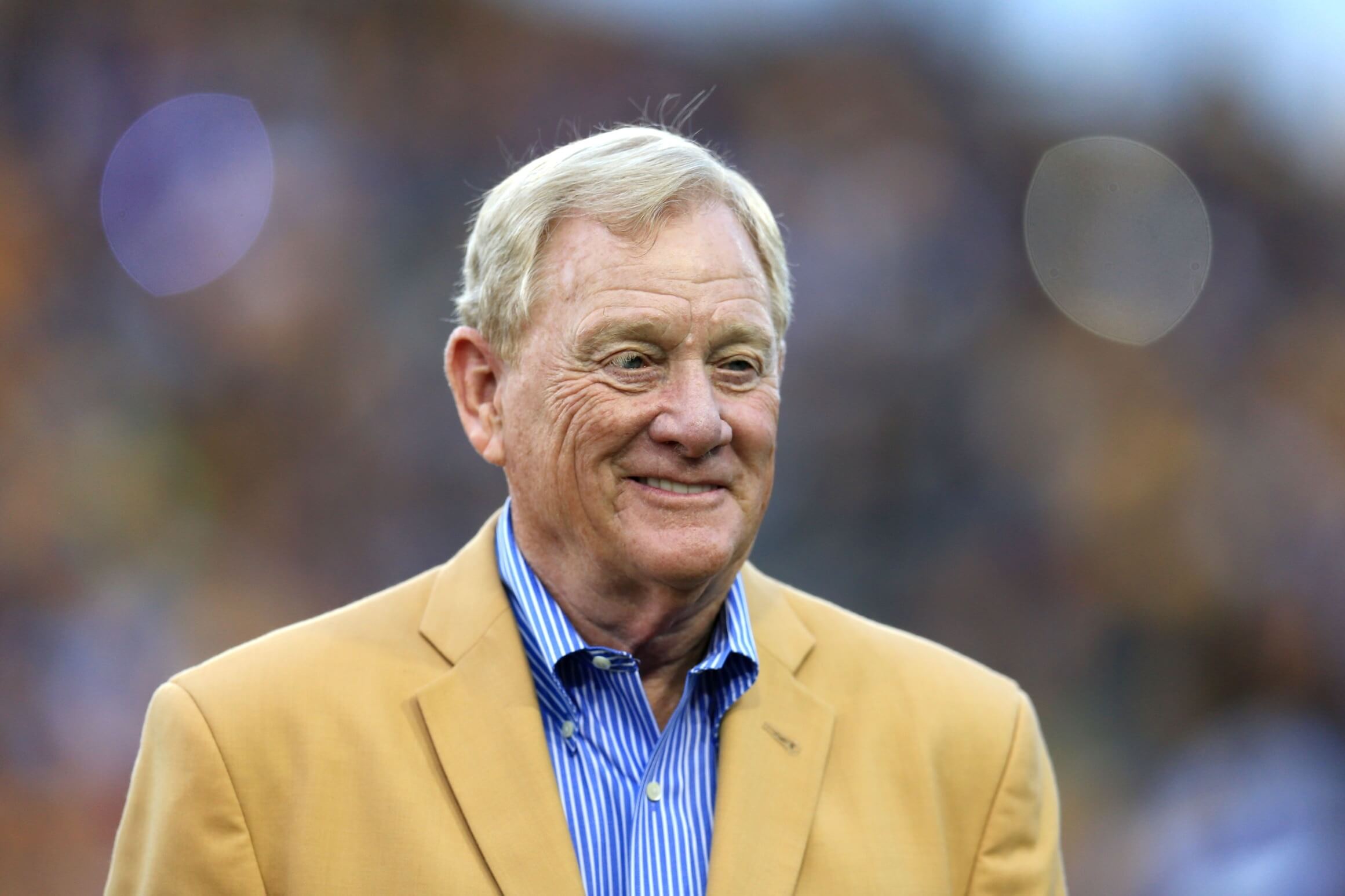
Vince McMahon is already taking action for the future of AAF players, which is a smart business move. World Wrestling Entertainment has already begun to offer tryouts to AAF players after the league terminated. The tryouts are for wrestling, not for the XFL. The number of spots open for the tryout are very limited, two to be exact. To earn a tryout, there is a deep selection process which begins with an application through the WWE Performance Center website. While there are only two openings at the moment, all other applicants will be considered for future tryouts. Football players are no stranger to pro wrestling, considering the company of Dwayne “The Rock” Johnson, Bill Goldberg, Roman Reigns, the late Brian Pillman, and Brock Lesnar. Before the AAF began, it seemed that McMahon and his relaunch of the XFL were going to be a product of poor timing in 2020. This risk is greater than ever in the world of launching another football league, but perhaps McMahon will learn from the AAF and have the last laugh with the XFL. Maybe not. With the track record of football leagues not called the AFL, CFL, NFL, or NCAA, then I doubt there is traction when the sold stock shares of the WWE runs out on the new XFL project. I would like to be proven wrong.

